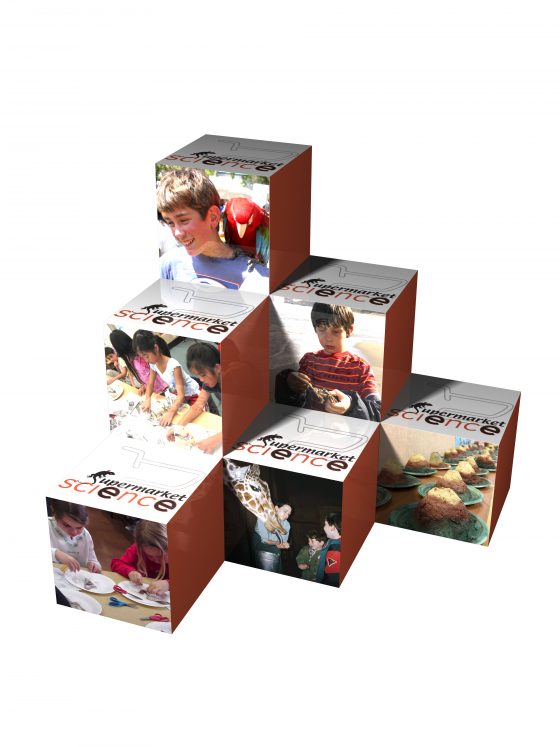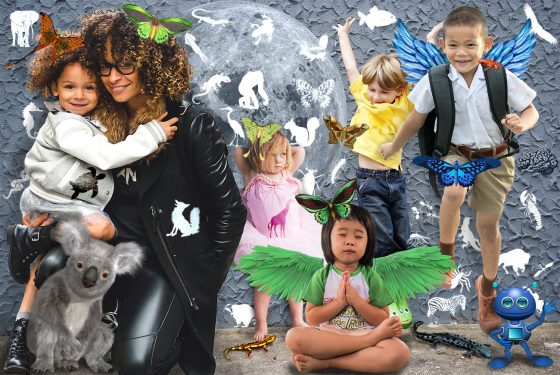
It’s been a hard month… a few months. I have been working on SupermarketScience.com almost nonstop. I worry about the families with kids — what will they do come September? The choice of sending your children to school (and thus risking COVID exposure not only to the kids but to the whole families) and keeping them home (at the risk of jobs and emotional stability) is stark. I’ve proposed a few solutions, you can find them here. I hope this will help some families. I will continue to post more curriculum (but perhaps not at the breakneck rate I’ve done in the past months). I will also share some ideas and their implementations for families who will make the decision to rethink how they want to approach educating their kids. Everything is on the table now — at times of crisis and chaos, the most change is possible. I have put all writing and editing on hold for the moment but will get back to it this month. I will release my AI novella and start to push my next novel towards the finishing line. Given how everything, including the publishing industry, is in flux, I think I will stick…






